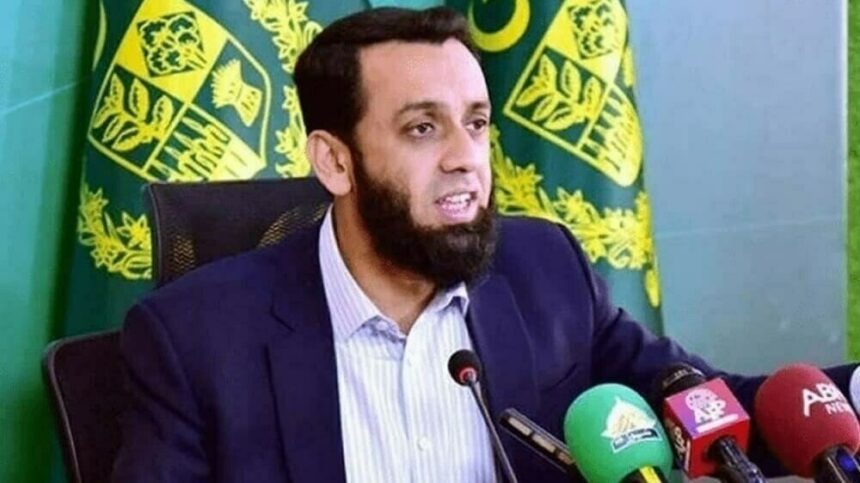Pakistan Information Minister Attaullah Tarar on Wednesday that Islamabad has received “credible intelligence” that India is likely to carry out a military strike within the next 24-36 hours. In a statement posted on X, he warned New Delhi that there would be consequences.
The comment comes almost a day after Prime Minister Narendra Modi gave the Indian armed forces “complete operational freedom” to decide on the mode, targets, and timings of India’s response to the Pahalgam terror attack that claimed the lives of 26 people on April 22.
As per this statement, he said that Pakistan itself had been a victim of terrorism and always condemned it in all its forms and manifestations.
Tarar further stated that Islamabad had offered a “credible, transparent, and independent” probe by a neutral commission of experts, while accusing India of escaping investigation and choosing a confrontational path instead.
Pakistan has credible intelligence that India intends carrying out military action against Pakistan in the next 24-36 hours on the pretext of baseless and concocted allegations of involvement in the Pahalgam incident.
Indian self assumed hubristic role of Judge, Jury and… pic.twitter.com/WVW6yhxTJ0
He also requested the international community to recognise the severity of the situation, while adding that “the onus of an escalatory spiral and its ensuing consequences shall squarely lie with India”.
Meanwhile, the Pakistan Army violated the ceasefire along the Line of Control (LoC) for the sixth time in a row. On the night of April 29-30, unprovoked firing was reported opposite the Naushera, Sunderbani, and Akhnoor sectors in Jammu and Kashmir, as per officials.
Unprovoked small arms firing by the Pakistan Army was also reported in the Kupwara and Baramulla sectors along the LoC as well as across the International Border in the Pargwal sector on the same day, as per officials. The Indian Army responded swiftly and proportionately to the unprovoked firing in both the cases, officials added.
Since the Pahalgam attack, tensions have been at an all-time high between India and Pakistan. On April 24, Modi said that India will “identify, track, and punish” the terrorists and their “backers” and pursue the killers to the “ends of the earth”.
Ever since, India has announced a slew of measures against Pakistan, including the suspension of the Indus Waters Treaty of 1960, expulsion of Pakistani military attaches in India, revoking all visas issued to Pakistani nationals from April 27, and the immediate closure of the Attari land-transit post.
In a tit-for-tat move, Pakistan paused the 1972 Shimla Agreement. The Shimla Agreement was a peace treaty signed between the two countries on July 2, 1972 after the India-Pakistan war of 1971.








